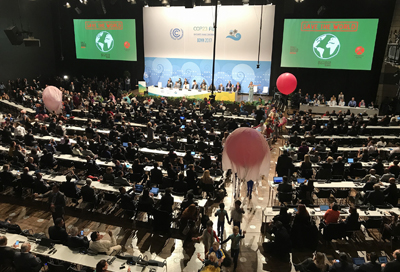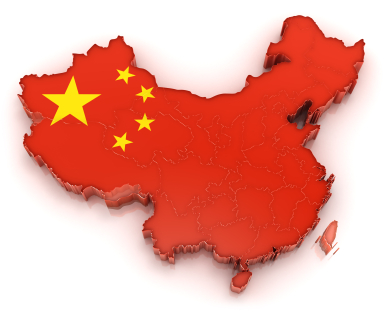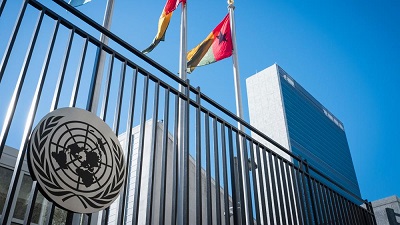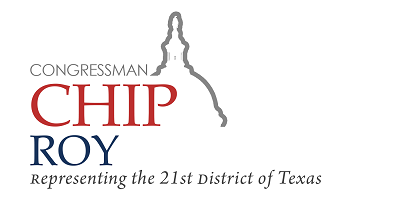President Trump is NOT Pandering to the United Nations
 The United Nations is hosting its latest “climate change” meeting in Bonn, Germany, November 6-17. This 23rd Conference of the Parties of the UN Climate Change treaty is different than others I’ve attended since 1997 in Kyoto, Japan. The difference is that America’s President Trump is leading, rather than pandering and acquiescing to radical environmentalists as I’ve watched Presidents Clinton, Bush and especially Obama do.
The United Nations is hosting its latest “climate change” meeting in Bonn, Germany, November 6-17. This 23rd Conference of the Parties of the UN Climate Change treaty is different than others I’ve attended since 1997 in Kyoto, Japan. The difference is that America’s President Trump is leading, rather than pandering and acquiescing to radical environmentalists as I’ve watched Presidents Clinton, Bush and especially Obama do.
President Trump’s leadership began as a campaign promise to remove the U.S. from the Paris Agreement, a promise he kept when he announced last June 1st that while the U.S. will remain in the Agreement’s negotiations for the time being, he plans to withdraw altogether after four years, in 2020.
The 2015 Paris Agreement was largely negotiated by then Secretary of State John Kerry and constituted Obama’s “Clean Power Plan,” a radical environmental scheme that was to be imposed on Americans by the Environmental Protection Agency.
Mr. Trump was elected on the second day of last year’s meeting in Marrakech, Morocco, which caused great angst among delegations that fully expected Hillary Clinton to be elected. If she had been, she was expected to continue and even surpass Obama’s radicalism. In Marrakech, Secretary John Kerry spun Trump’s victory as if one election could not stop the progress that he had worked for so passionately since 1992. The plan’s lack of scientific basis and its plot to rob Americans of our modern lifestyles meant nothing to elitists Obama or Kerry who were negotiating America’s “fundamental transformation.”
The treaty that began in Paris and continued in Marrakech is now on the table in Bonn, Germany. During a Climate Action Network International press conference on the opening day of this ongoing meeting, American Alden Meyer, Director of Strategy and Policy for the Union of Concerned Scientists (a radical environmental group) called President Trump’s leadership “an aberration in U.S. policy” and predicted that “whoever takes over after President Trump will restore the U.S. to the Paris Agreement.” He called Mr. Trump a “climate scofflaw” and predicted as such he would be “isolated” by sub-national leaders like university presidents and governors (ie. Brown of California) and mayors (ie. Bloomberg of New York City) claiming that the real America is still in Paris, even if Trump is not.
Meyer went beyond the Paris Agreement to call on developed nations--primarily the U.S.--to pay less developed nations for their “loss and damages” caused by climate change, which has yet to be clearly defined and is impossible to place a price tag on. It is an open-ended demand.
That cost would be in addition to the promised $100 billion a year by 2020 for the Green Climate Fund, a slush fund for “sustainable development” projects in undeveloped nations. But Gebru Jember Endalew, the chairman of the least developed countries, says the $100 billion a year is not enough. He says, “We need to find trillions not billions. Mobilizing climate finance is crucial for least developed nations and other developing countries to implement the Paris Agreement.”
The U.S. role under President Trump’s leadership is the most contentious issue as the 2017 meeting in Bonn gets underway, not because the science is conclusive about climate change being caused by burning fossil fuels, but because the UN wants lots more American dollars. The International Monetary Fund and World Bank have already created a “Carbon Pricing Panel” in hopes of creating a tax on carbon. But if such a tax is created, then who has the authority to collect and redistribute it? The UN does not currently have that authority. Only GOVERNMENTS have that authority.
I will keep you posted as the meetings continue over the next two weeks.








